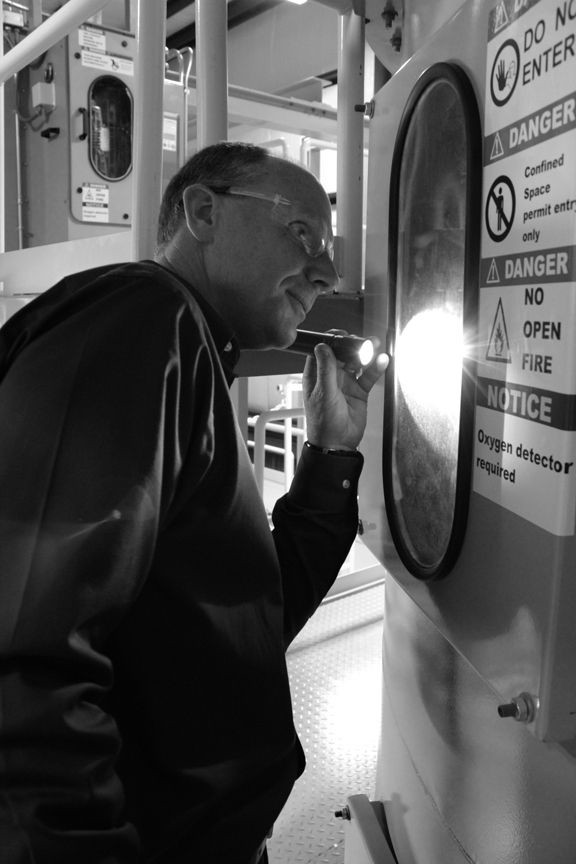A new facility just opened in Bridesburg, and it is bringing new jobs and some eco-prestige to the Delaware River waterfront.
Two weeks ago, the Appliance Recycling Centers of America (ARCA) on Delaware Avenue unveiled a multimillion-dollar machine — touted as the first of its kind in North America — and recycling process that dramatically improves how refrigerators are recycled.
Through a partnership with General Electric and Home Depot, the facility will be able to accept old refrigerators, often those from customers upgrading to new appliances, and convert them to raw materials.
The effort also is part of the federal Environmental Protection Agency’s Responsible Appliance Disposal program.
It’s a $10-million project that created 50 jobs and strives to contribute to a cleaner environment by reducing the waste materials that remain after a refrigerator is scrapped in typical fashion.
Ordinarily, recycled refrigerators leave behind 55 pounds of waste — most of it melted plastic and insulating foam that can’t be reused — that ends up in a landfill.
At the officially unveiling of the plant — actually in operation since April — representatives said that destroying leftover waste in a typical breakdown of a refrigerator creates as much carbon dioxide as 200 gallons of gasoline burned in a common car engine.
That’s per refrigerator.
The new process separates insulating foam from the rest of the scrap materials and condenses it into pellets that can be cleanly burned with coal as an energy source.
On average, this process leaves behind just eight pounds of unusable waste.
“This is the new way (to scrap refrigerators),” said Brian Conners, president and chief operating officer of ARCA, during a tour of the facility. “When we are done, less than eight pounds will go to the landfill.”
As visitors wandered throughout the riverfront facility, hundreds of appliances — most of them refrigerators and stoves — sat in long rows that were slowly maneuvered into place for recycling.
The stoves, which Conners said were still being recycled the “old way,” were fed into a hammer mill to be crushed and recycled. But Conners also made it a point to note that ARCA removes heating elements and parts made of mercury that other scrap yards often don’t remove.
Workers lined up the refrigerators in a similar manner, but at ARCA, the appliances are fed into a new machine and shredded by giant slicing blades. The new part of the process, as Conners pointed out, was a blower that separated the insulating foam from the other materials.
“It’s very typical of a scrap yard,” Conners said as he showed visitors a live video feed of a refrigerator entering the new scrapping machine. “The difference is we are getting all of that foam and plastic.”
Gases that escape as the refrigerators are dismantled are condensed into a liquid for disposal, and the foam is condensed into fuel pellets.
“On a small scale, this can replace coal,” said Conners.
Steel gained from the process could be used to create base plates for locomotives, Conners said while stepping onto the enormous recycling machine.
Overall, he said, the Bridesburg plant can process about 2,000 appliances a day. They arrive from 12 states in the eastern region of the country.
Jim Campbell, president and CEO of GE’s appliances and lighting division, said about 70 percent of the company’s customers indicated that they want to reduce their carbon footprints. By supporting the new refrigerator-recycling process at ARCA, his company is simply responding to its customers’ needs, Campbell said.
“This is the responsible thing to do, and it just makes good business sense,” he added.
During the tour, Conners also acknowledged the hard work of the many new employees who operate the machinery and ensure that the refrigerators are recycled correctly.
“It takes a team effort,” said Conners. “And I think we’ve put together a really great team.”
Reporter Hayden Mitman can be reached at 215–354–3124 or [email protected]





